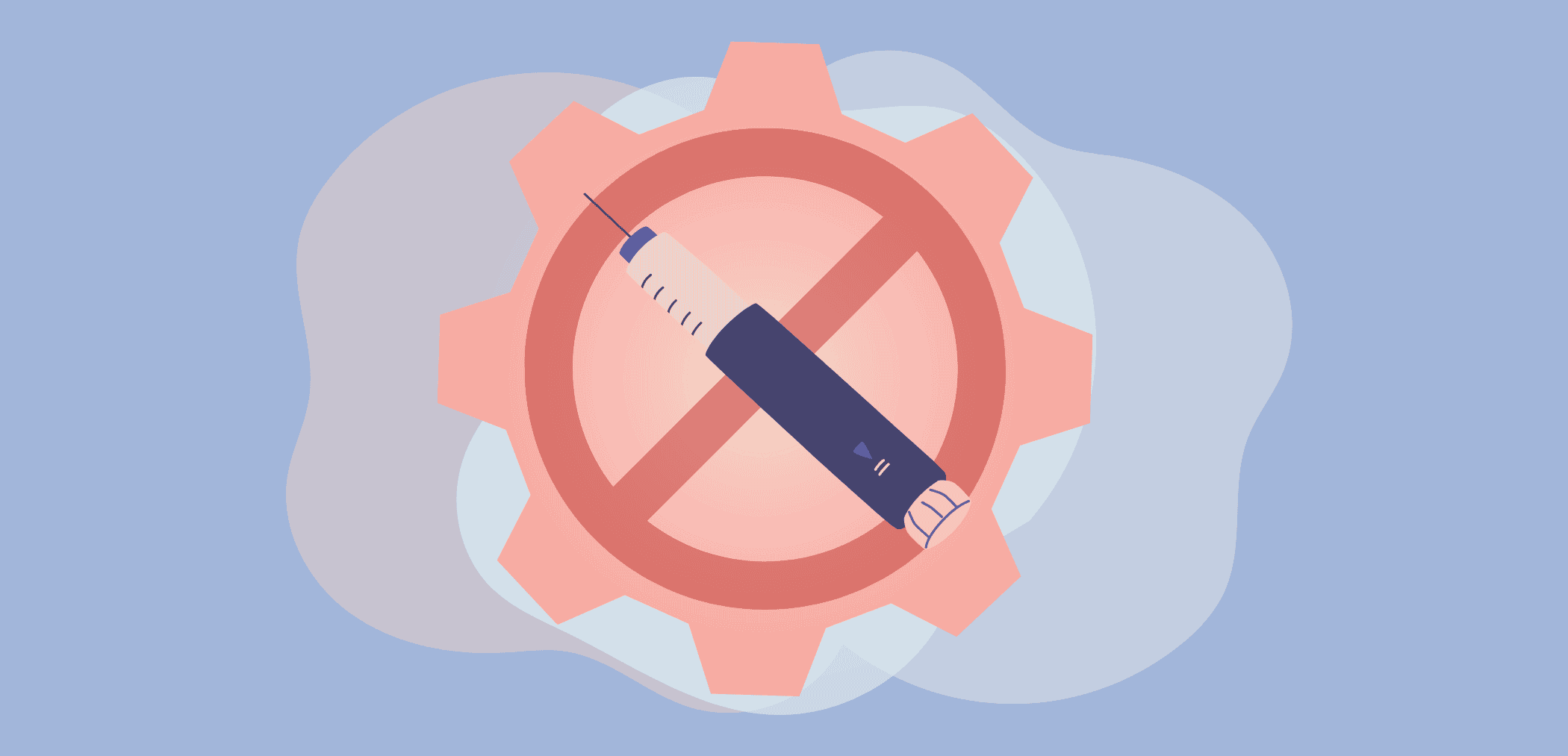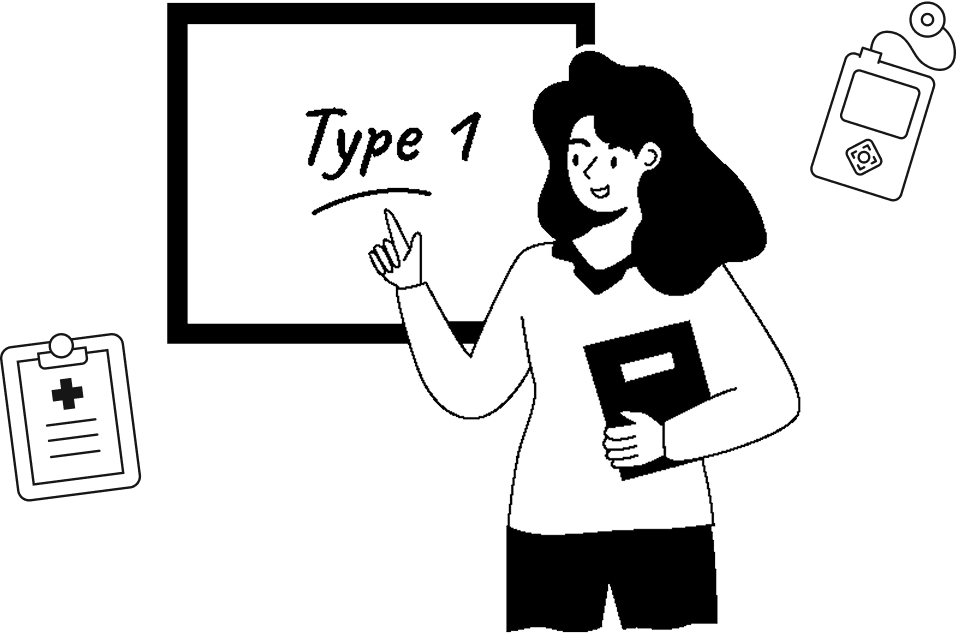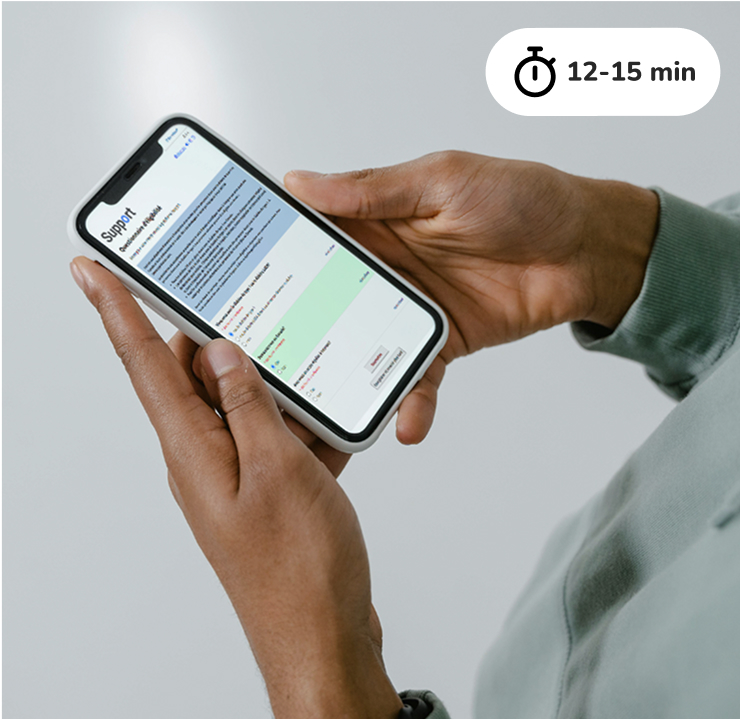Novo Nordisk announced, in early October 2024, that it would soon cease the production and marketing of some products—including several types of insulin—from its diabetes product line-up.
The decision was not made due to safety or quality issues, but rather to business considerations that mainly affect specific formats of older injectable drugs for which there are often newer alternatives.
Which products will be affected in Canada?
Within the next year or two, seven products will be withdrawn from the Canadian market. This should have little impact on most people with type 1 diabetes (T1D). Nevertheless, here are the dates to keep in mind, as well as the proposed alternatives to discontinued items.
1. Fiasp® FlexTouch® 3 ml pre-filled pen
- Expected withdrawal date: December 2025.
- Recommended alternatives: Fiasp® PenFill® 3 ml cartridge.
- Possible impacts: you’ll need a NovoPen reusable pen compatible with Fiasp® PenFill cartridges.
2. Levemir® PenFill® 3 ml cartridge
- Expected withdrawal date: December 2025.
- Recommended alternatives:
-
- Awiqli® (insulin icodec) FlexTouch® 700 U/ml (1.5 ml, 3 ml) pen
- U100 injectable insulin glargine solution (Basalgar®, Lantus®, SemGlee®)
- Humulin® N cartridge, vial or KwikPen®
- Novolin® NPH 10 ml vial
- Toujeo® (glargine U300) pre-filled pen
- Tresiba® (insulin degludec) pre-filled pen
-
- Possible impacts: little impact. Levemir® PenFill® insulin is rarely used in the treatment of T1D.
3. Novolin®ge Toronto PenFill® 3 ml cartridge
- Expected withdrawal date: December 2025.
- Recommended alternatives:
-
- Humulin® R cartridge or KwikPen®
- Humulin® R vial
- Novolin®ge Toronto 10 ml vial
-
- Possible impacts: little impact. Novolin®ge Toronto PenFill® insulin is rarely used in the treatment of T1D. In most cases, insulin aspart (Trurapi®), insulin lispro (Admelog®), insulin guilisine (Apidra®) or Fiasp® are prioritized.
4. Novolin®ge 30/70 PenFill® 3 ml cartridge
- Expected withdrawal date: December 2025.
- Recommended alternatives:
-
- Humulin® 30/70 cartridge
- Novolin®ge 30/70 10 ml vial
-
- Possible impacts: little impact. These products are rarely used in the treatment of T1D.
5. Novolin®ge NPH PenFill® 3 ml cartridge
- Expected withdrawal date: December 2025.
- Recommended alternatives:
-
- Humulin® N cartridge, vial or KwikPen®
- Novolin®ge NPH 10 ml vial
-
- Possible impacts: little impact. These products are rarely used in the treatment of T1D.
6. 3 ml pre-filled pen Victoza®
- Expected withdrawal date: March 2026.
- Recommended alternatives: 0ther similar injectable molecules marketed for weight loss and glycemic control. Examples: Ozempic®, Trulicity®, Moujaro®, Rybelsus®.
- Possible impacts: little impact. These molecules are not authorized for use in the treatment of T1D. However, data from the BETTER registry indicate that around 5% of participants use them in combination with insulin to improve glycemic control. If you are affected, discuss your options with your healthcare team.
7. 3 ml pre-filled pen Xultophy®
- Expected withdrawal date: December 2025.
- Recommended alternatives:
-
- Soliqua® pre-filled pen
- Free combination of other molecules marketed for weight loss and glycemic control.
-
- Possible impacts: Soliqua®, which combines insulin degludec (Tresiba®) with semaglutide (Ozempic®), is not authorized for use in the treatment of T1D. Our data indicate that it is used exceptionally by BETTER registry participants.
Do you need to change your treatment? Discuss the next steps to take with your healthcare team.
If you currently use any products expected to be discontinued, don’t hesitate to discuss alternatives with your healthcare team now.
Clinical experience shows that it is preferable (and more reassuring) to change treatment well before its discontinuation. During the transition, it’s essential to carefully monitor your blood sugar levels to adapt the new treatment to your needs.
To find out more about the different types of insulin and their modes of action, see our Insulin modes of action guide.
Written by: Nathalie Kinnard, scientific writer and research assistant
Reviewed by:
- Rémi Rabasa-Lhoret, MD, Ph.D.
- Sarah Haag, R.N., B.Sc.





